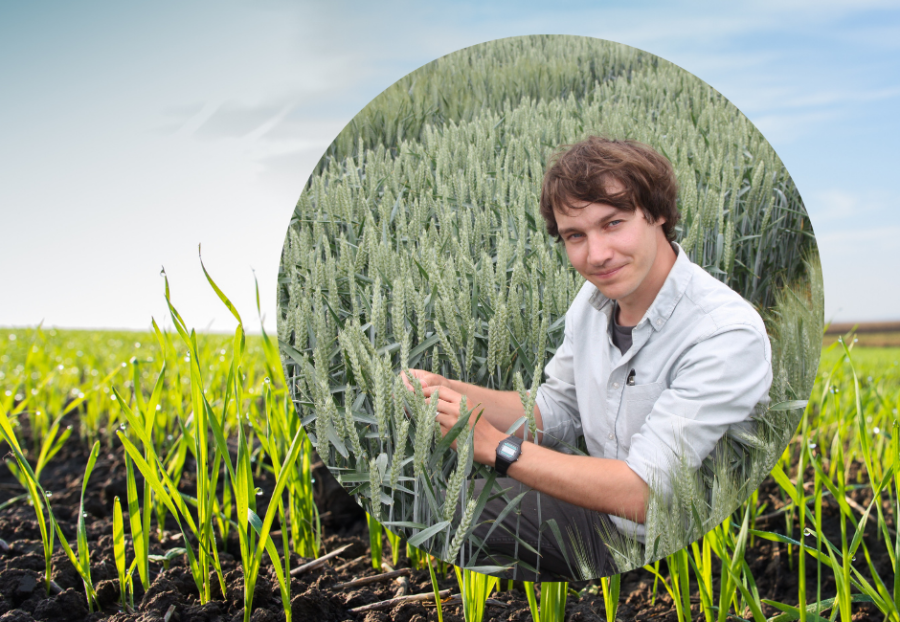According to RAGT’s senior wheat breeder, David Schafer, with UK and European agricultural systems in a state of flux, new drivers surrounding food production and the environment will start to dictate the varieties which are grown.
“With that often comes a desire to reduce pesticide use and potentially other inputs, so there will, for example, be a greater onus on genetic resistance to diseases to do the heavy lifting in maintaining healthy viable crops,” he says.
Deliberate breeding
Equally, David predicts that breeding will move in a more deliberate direction with new technologies and tools allowing for continued improvement in decoupling environmental and genetic effects, expanding on techniques such as genomic selection. “A further move away from single trait characterisation would also likely be part of this, looking to enhance many traits and stacking effects simultaneously.
“Ultimately, artificial intelligence (AI) and machine learning algorithms can recognise patterns which humans cannot – breeding programmes will have to best utilise this vital insight and understand the impact on in-field testing,” he comments.
Climate extremes
As for challenges on the horizon, David envisages greater climate extremes in the UK – the creep towards hotter drier summers and wetter winters – which will be experienced more often, making crop establishment increasingly difficult.
Linked to this, he says, is changes in disease environments. “But crop pathogen monitoring is something we do poorly at the moment on a national scale – our insight is weak – yet shifting pathogens are something that are ever present and will remain so.”
Furthermore, he believes there’s more work to be done in understanding the relationship between genetics, environment and pathogens, a requirement in a system with less reliance on plant protection products.
Group 1 goal
But on a personal level, David, who initially studied microbiology and virology at university, says he has a clear goal. “As a plant breeder, my interest is in delivering varieties for our growers. In my opinion, the trophy is developing high quality, bread-making varieties to the market, which offer stable disease resistance, end-use quality and are appealing to growers.
“I’m also keen to contribute to how breeding is performed and implement methodologies so that greater success in varietal development can be achieved more readily and genetic gain driven more quickly and reliably,” he says.
Professional circle
Inspiration-wise, David has looked to his peers for encouragement. “Having a like-minded circle of friends has helped to push me along, as well as a strong professional network.
“Importantly, there are exciting opportunities in plant breeding and if anyone in a position of leadership can help to encourage the next generation, that will benefit the future of our industry.
“It won’t be too long before I’ll be considered a dinosaur; we have to encourage younger people with new ideas, perspectives and drive to develop and implement new methods with new waves of technology and tools.”
Cross-disciplinary approach
He highlights that the worlds of biology, genetics and data science have merged and now, there’s a greater appreciation of a cross-disciplinary approach. “It doesn’t necessarily matter if that’s a base in human or plant genetics, it’s now possible to cross those boundaries.
“We must reinforce this mentality and champion the exciting impact that can be made in plant science,” he concludes.
This article stems from CPM’s Arable Farming 2050 feature, which was written to celebrate the magazine’s 25th anniversary.




